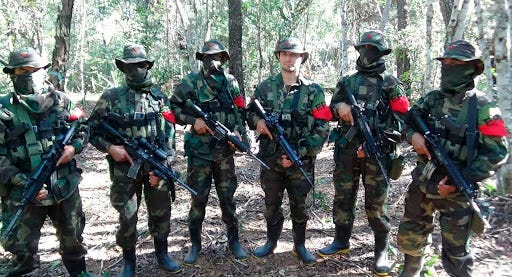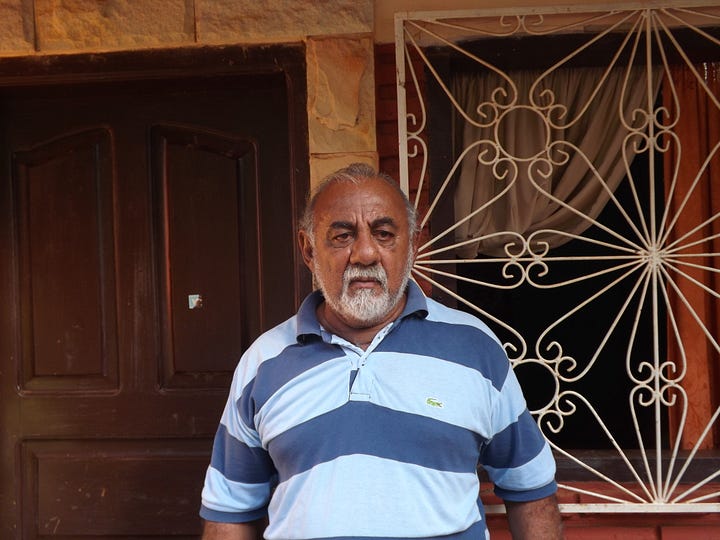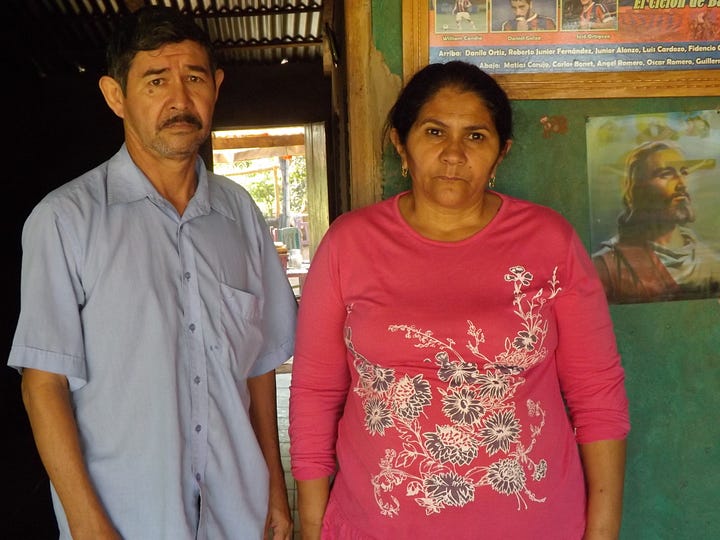The EPP Is on the Ropes
But the tiny guerrilla group could yet stage a comeback.

It wasn’t exactly advanced witness protection: everyone in Concepción knew where Cristóbal Olazar lived. I pulled up outside his bungalow on a central street and a pair of slouching soldiers jumped to attention. We exchanged a few words and one went inside. After thirty seconds or so, he reappeared and nodded me through.
Olazar had the hangdog look of a hunted man. Having trained as a guerrilla in the dying years of the Stroessner regime, he became the secretary-general of the Movimiento Patria Libre, a far-left political party that picked up barely 1 percent of the vote in Paraguay’s first democratic elections in the 90s and 2000s. Some of its members formed a clandestine armed wing, staging bank heists and kidnappings. In 2004, they abducted Cecilia Cubas, the daughter of former president Raúl Cubas. Despite receiving a ransom of $300,000, they buried her alive.
The brutal murder stunned Paraguay. Olazar broke with the MPL, turning police informant. But the revolutionaries, since 2008 calling themselves the Ejército del Pueblo Paraguayo – the Paraguayan People’s Army, or EPP – had only continued their campaign of terror. A wave of bombings, shootings, and kidnappings unfolded across rural Concepción, where several of its leaders hailed from, and next-door San Pedro and Amambay.
Sometimes the victims were wealthy ranchers like Luis Lindstrom – kidnapped by the group in 2008 and later shot dead by them in 2013 – Fidel Zavala (kidnapped but released in 2010) or former vice-president Óscar Denis, snatched from his rural property in 2020 and never seen again. Often, they were working-class local cops and farmhands, like Edelio Morínigo, a 24-year-old policeman disappeared by the EPP in 2014. “I ask God that at least we’ll get his bones back,” his mother, Obdulia, told me through tears at her humble home in Arroyito.


Rebel yell
Underlying the tragedy was a sense of bafflement at this tiny Marxist-Leninist front with designs of overthrowing the state, somehow still at large in a few dozen miles of patchwork fields and forest straddling the Tropic of Capricorn. It was a Cold War relic that had grown in strength just as groups like the FARC – said to have provided training and weapons – were handing in their own.
The EPP probably never numbered more than fifty fighters at its peak in the mid-2010s, though it counted on many more civilian supporters across the searingly poor and marginalised northeast. Stroessner had deliberately starved Concepción – cradle of a 1947 uprising against the Colorado Party by the Liberals and communists – of state funding for decades. By contrast, the EPP made a show, Robin Hood-style, of distributing cash and provisions it had extorted from local businesses (“a revolutionary tax”) to the needy.
Keep reading with a 7-day free trial
Subscribe to The Paraguay Post to keep reading this post and get 7 days of free access to the full post archives.


